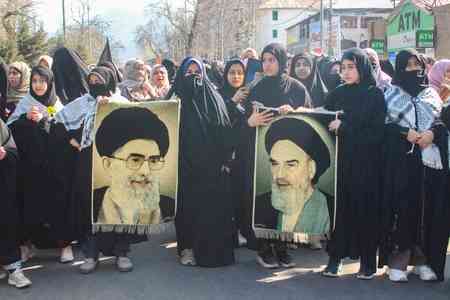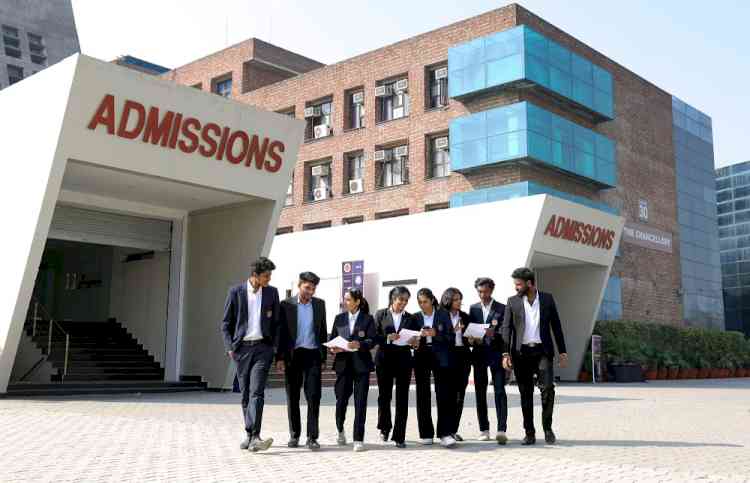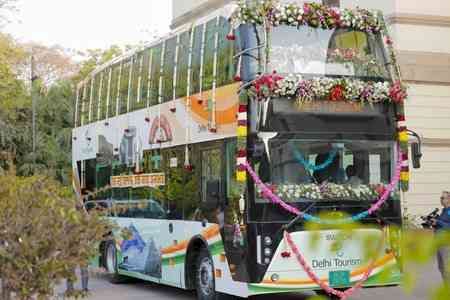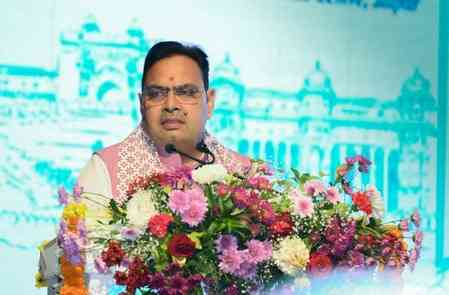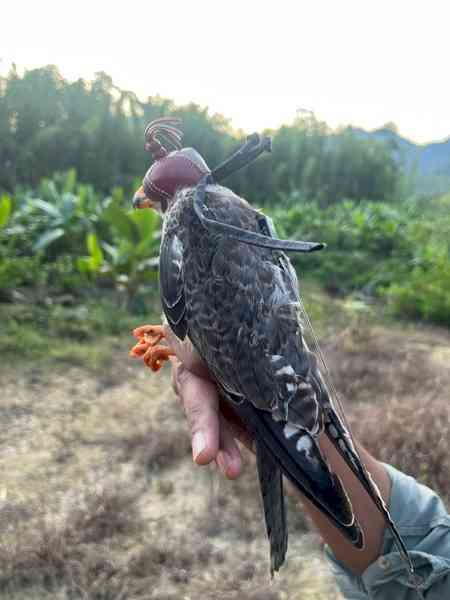Experts from Slovenia participated in International Seminar on “Magnetic Nanostructures for Biomedical Applications” held at CU Punjab
In its ongoing effort to foster innovation in science and technology for development of new techniques for cancer treatment, the Central University of Punjab (CU Punjab) hosted an International Seminar on "Magnetic Nanostructures for Biomedical Applications on Wednesday.
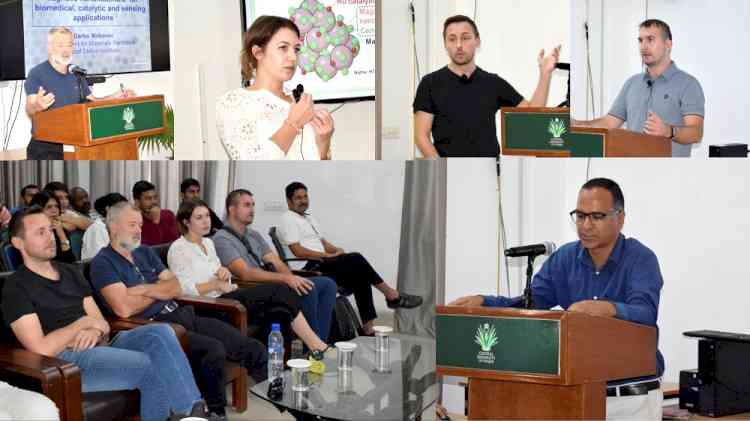
Bathinda, October 17, 2024: In its ongoing effort to foster innovation in science and technology for development of new techniques for cancer treatment, the Central University of Punjab (CU Punjab) hosted an International Seminar on "Magnetic Nanostructures for Biomedical Applications on Wednesday.
Organized by the Department of Physics at Central University of Punjab, under the patronage of the Hon'ble Vice Chancellor Prof. Raghavendra P. Tiwari and in collaboration with the Jozef Stefan Institute of Ljubljana, Slovenia, the event brought together experts from Slovenia and India to share the latest advancements in this area aiming to explore the promising applications of magnetic nanostructures in the biomedical field.
At the outset, Prof. Santosh K. Mahapatra, Programme Convener, welcomed the team of Slovenian experts: Prof. Darko Marcovec, Dr. Sebastjan Nemec, Prof. Slavko Kralj, and researcher Nina Krizaj. Prof. S.K. Sharma, Head, Dept. of Physics, asserted that the primary goal of the seminar was to design a pathway for the development of improved heat-based cancer therapies (hyperthermia) and the creation of high-quality iron oxide nanoparticles.
Prof. Darko Marcovec, a leading expert in materials science and nanotechnology from the Jozef Stefan Institute, opened the seminar by discussing methods for synthesizing and assembling nanoparticles into nanocomposites for biomedical applications, including cutting-edge cancer therapies that use magneto-mechanical approaches.
Dr. Sebastjan Nemec, formerly of the University of Ljubljana, presented his work on multifunctional magnetic nanocarriers, which deliver iron oxide nanoparticles and lipids to target cells, leading to cancer cell death through a process called ferroptosis.
Prof. Slavko Kralj, specializing in nanomedicine and bionanotechnology, focused on the use of magnetic assembly techniques for drug targeting and photonic crystal applications. Researcher Nina Kriza (pursuing her research on ceria-based magnetic nanocrystals at Jozef Stefan Institutes) shared her findings on using ceria-based magnetic nanocrystals, discussing their potential in heating and catalytic reactions for biomedical use.
In closing, Prof. Prashant S. Alegaonkar expressed gratitude to the speakers, highlighting how the insights from the seminar would contribute to the development of high-quality iron oxide nanoparticles and pave the way for advanced cancer treatments using heat-based cancer therapies (hyperthermia).
During this Seminar, faculty members from Dept. of Physics and other departments of the university were also present. The seminar concluded with a discussion on the future of magnetic nanostructures in medicine, emphasizing their potential to revolutionize treatments and diagnostics, offering hope for more personalized and effective healthcare solutions. Faculty, research scholars and students from different departments of university as well as other HEIs enthusiastically attended this event.



 City Air News
City Air News 
